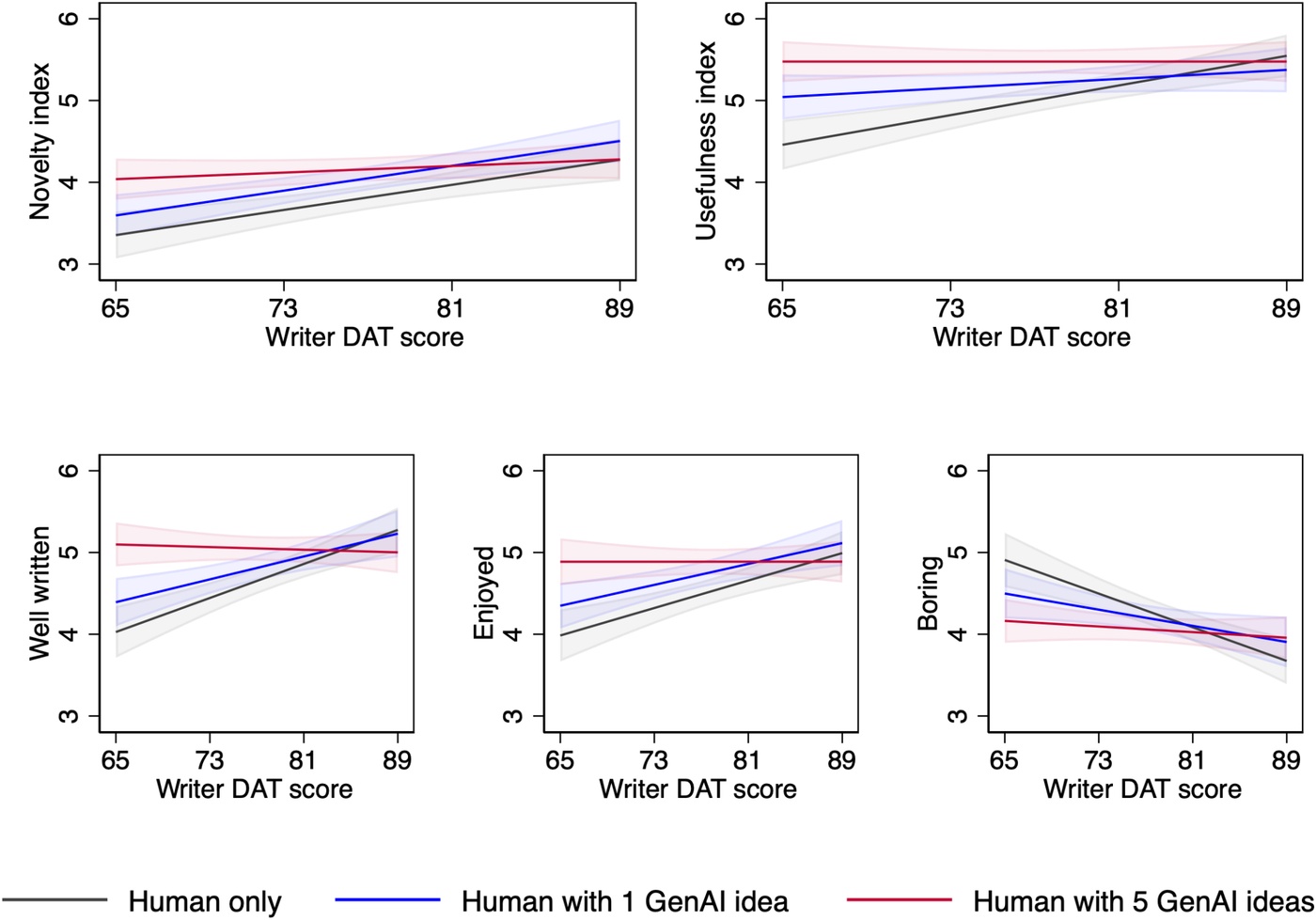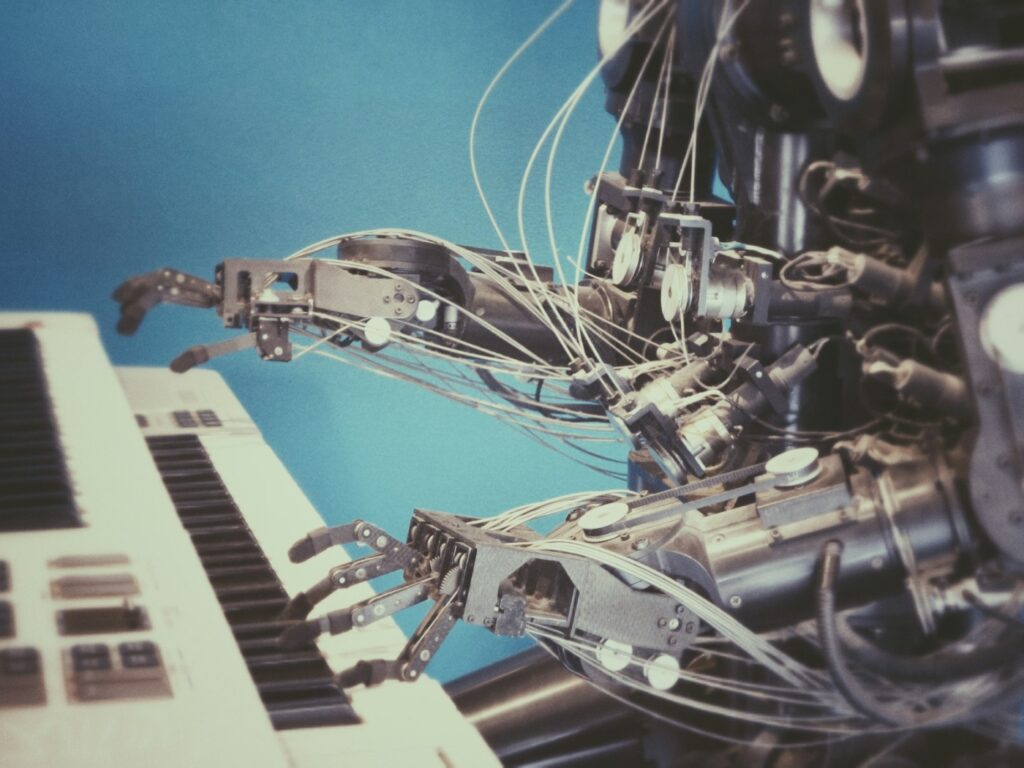The effects of artificial intelligence on creativity were explored in a new study that highlighted both the beneficial and restrictive aspects of this technology. The research, led by Anil Doshi and Oliver Hauser from University College London and the University of Exeter, was conducted through short stories written using AI. Researchers had hundreds of participants write short stories of up to eight sentences, with some given the chance to use the artificial intelligence tool ChatGPT-4.
Stories written with artificial intelligence scored higher

Stories written by participants were evaluated by other individuals unaware of the authors. Evaluation criteria included novelty, publishability, and emotional impact. The findings suggest that individuals who used AI generally received higher scores; however, their stories also showed similar characteristics, indicating that creativity might be confined to a certain level.
Hauser emphasized the importance of rigorously assessing the effects of artificial intelligence on creativity, noting that this technology holds great potential but also poses significant risks. The study offers an important perspective on how AI could play a role in fields requiring creativity.
In conclusion, the impact of artificial intelligence on creativity is twofold. It can help individuals generate more original ideas, but it can also lower the overall level of creativity in groups and restrict uniqueness. Therefore, careful evaluation is needed on how AI should be integrated into creative processes.


